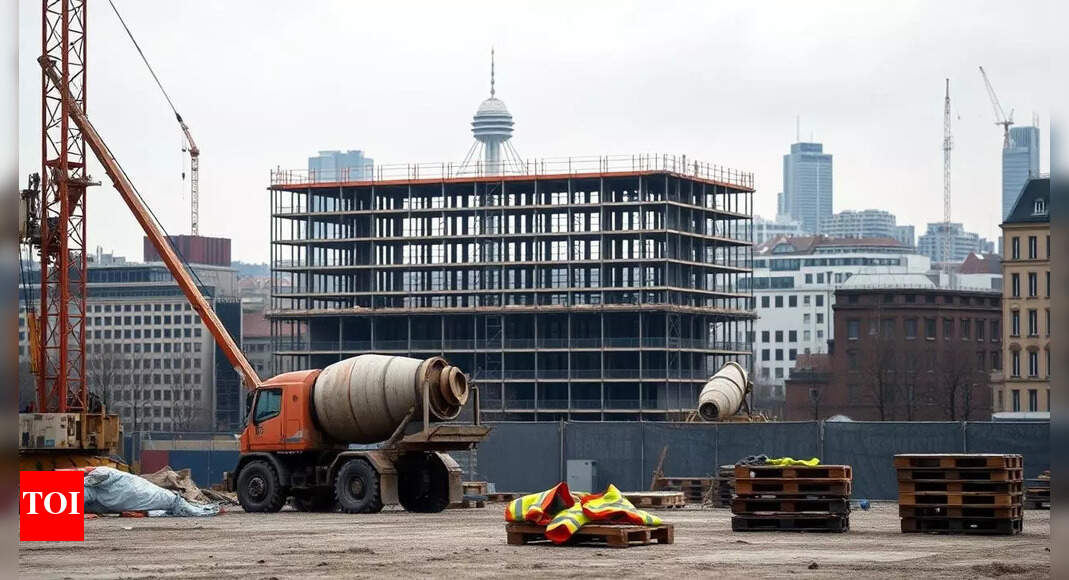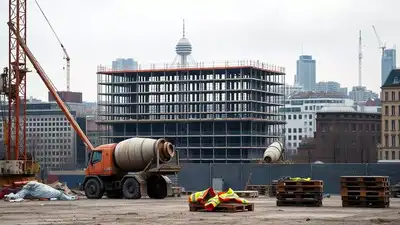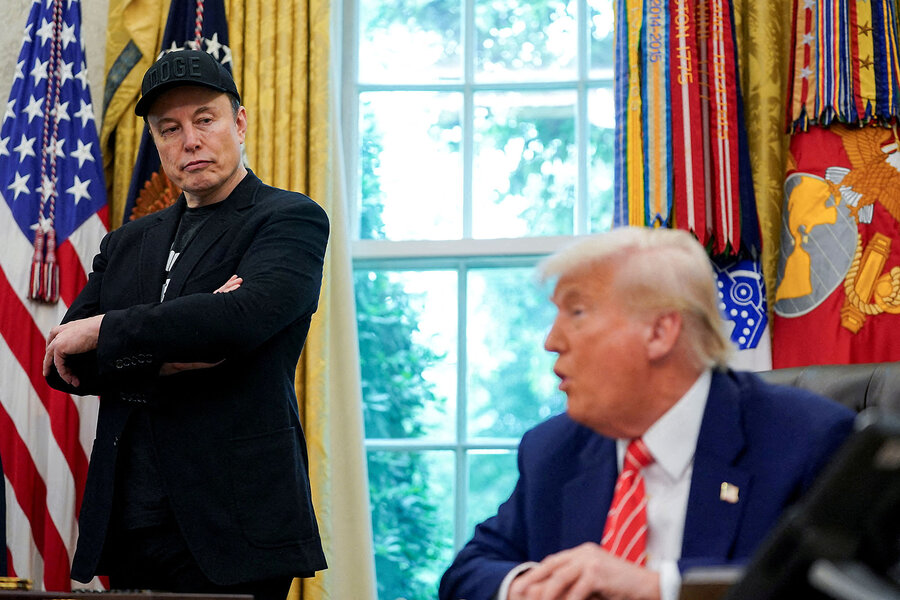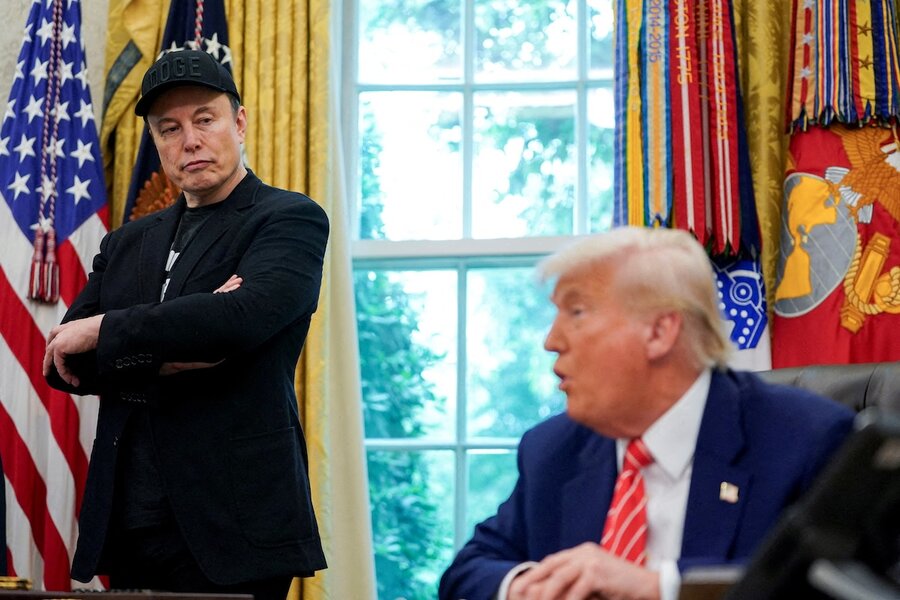Now Reading: ‘Dead-end’: Belgian capital marks year without government
-
01
‘Dead-end’: Belgian capital marks year without government
‘Dead-end’: Belgian capital marks year without government


BRUSSELS: Belgium is famous for legendarily long coalition negotiations but for the past year – in a novel twist – it’s the capital Brussels that has been stuck without a government, with no breakthrough in sight.From opening a new emergency-room ward to launching an art show, projects big and small have been in limbo since elections on June 9 last year ushered in a full year of political paralysis.“Our beautiful capital, Europe’s capital, should be a crossroads not a dead-end,” Belgium’s King Philippe lamented earlier this year as the deadlock dragged on.But the sovereign’s call for politicians to find “paths of convergence” – and a way forward for the Brussels- Capital region and its 1.2 million residents – have yet to bear fruit.The impact is being felt across all areas of society, from health to business to the arts and protection of the environment, all of which rely to some degree on funding from the Brussels region.At the CHU Saint-Pierre hospital complex in the city centre, at least two key construction projects are on hold pending a green light from the region, explained its chief executive Christophe Soil.One is the renovation of the hospital pharmacy, to improve production methods for medicines and bring them into line with the latest standards.
Plans to expand the Saint-Pierre mental health emergency ward are also blocked, despite what the Gibbis health network calls a “glaring need” for more capacity, especially for young people.– ‘Thinking twice’ –The scenario is nothing unheard of in Belgium where at the national level coalition discussions once ran an eye-popping 541 days, back in 2010-2011. But still, in Brussels, patience is running out.“We have no visibility on how and when we will be able to get the work done,” complained Soil, saying the uncertainty was a source of “needless stress” for a sector already under pressure.When it comes to the arts, the lack of visibility is having similar knock-on effects.“We are thinking twice before launching new exhibitions,” said Julien Staszewski, director-general at the Brussels Museums federation which brings together 125 cultural sites in the capital.Just because Brussels lacks a functioning government does not mean economic life has ground to a halt, says Thierry Geerts, head of the BECI umbrella group representing 35,000 businesses in the region.“But we could do so much better when it comes to running this capital,” he sighed.One highly visible consequence is that major public works – including a planned extension of the Brussels metro network – have been put on ice.Beyond the hassle for commuters, Geerts says the “number one problems” for Brussels are improving public safety and cleanliness, both of which require public funds to be budgeted.– ‘Nothing like it’ –At the political level, meanwhile, talks have been going nowhere, with part of the problem coming from the fiendishly complex system of governance in bilingual Brussels.Both halves of the regional parliament – split into two colleges, with 72 French-speaking and 17 Dutch-speaking lawmakers – need to find a majority in support of a new government.On the French side, the two main parties – the centre-right Reformist Movement and the Socialist Party – are at loggerheads, with the centrist Les Engages struggling to bridge the divide.And on the Dutch side, there is no agreement either between the eight parties making up the college – as the various parties brandish lists of partners they won’t deal with.“There’s nothing like it in Belgium” said the political scientist Pascal Delwit. “Having so many people around the table makes everything more complicated.”























